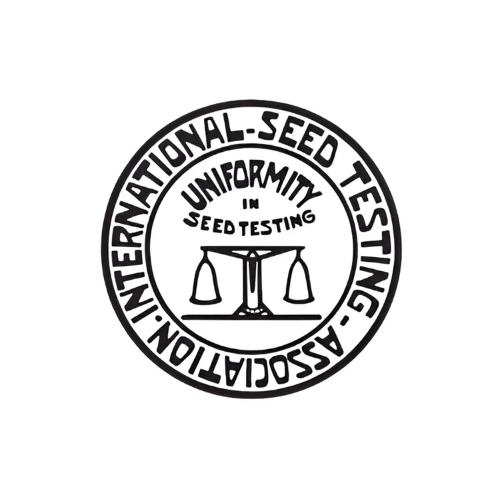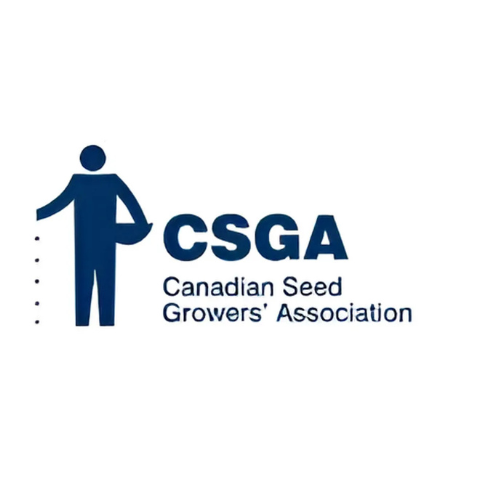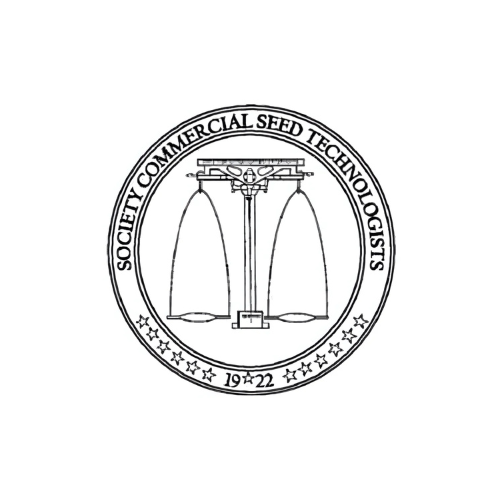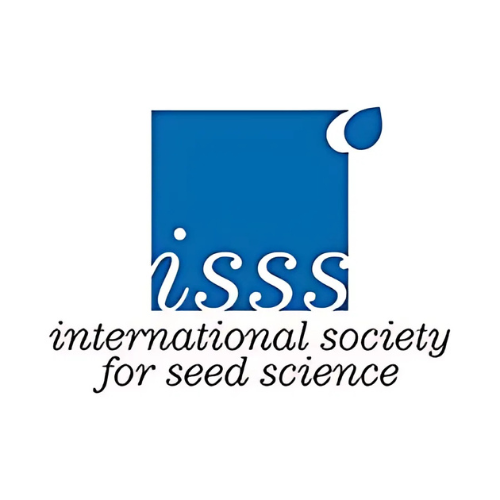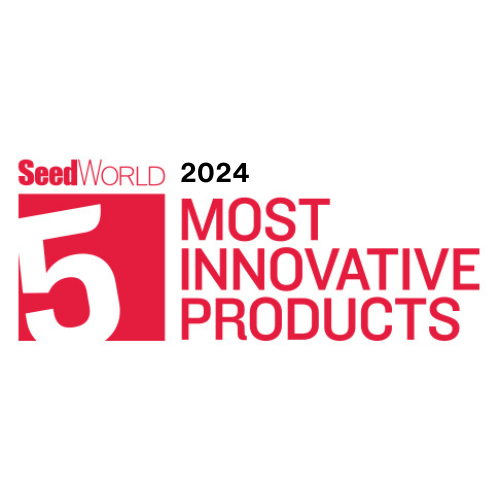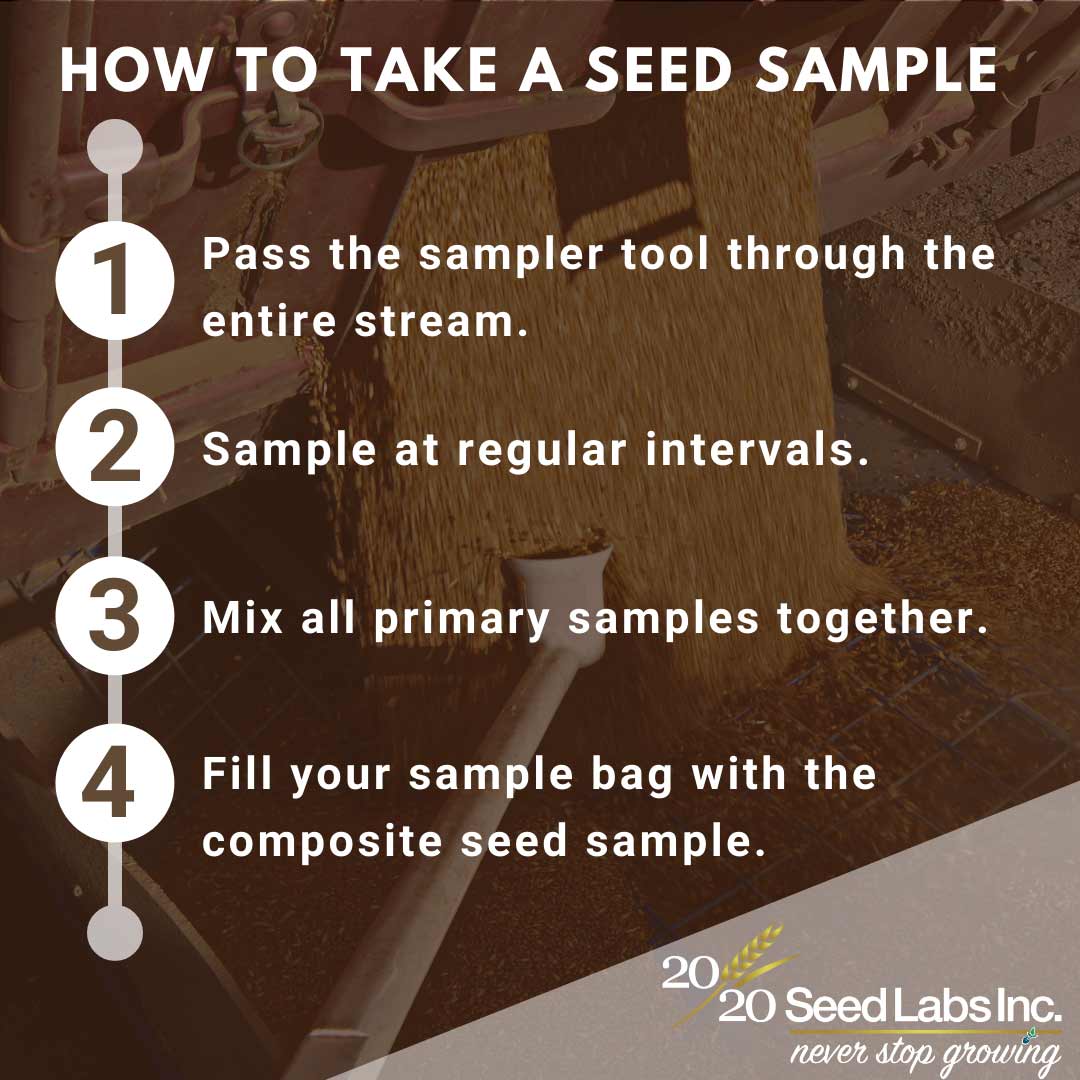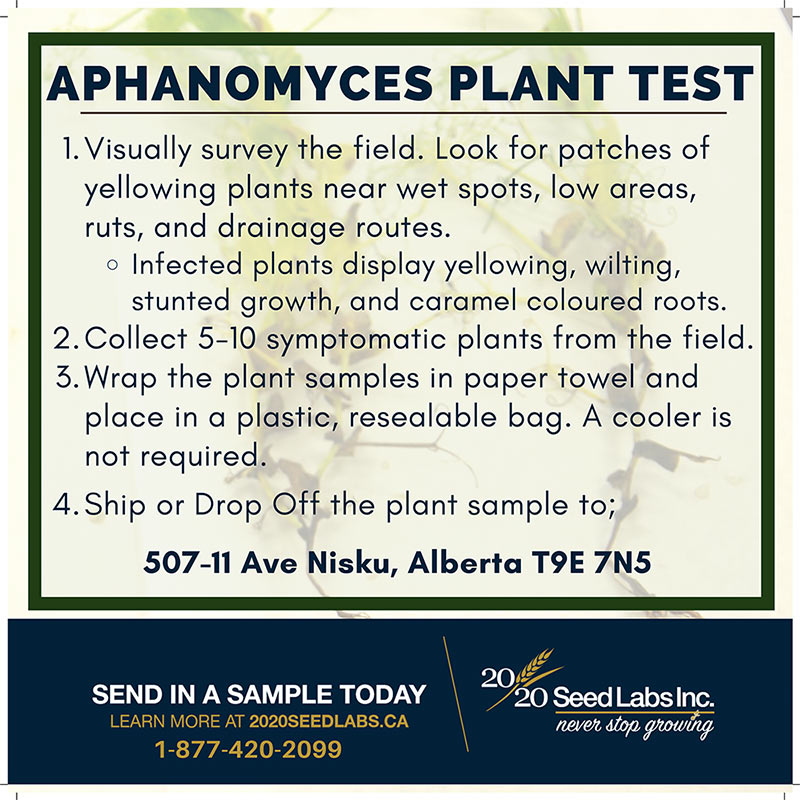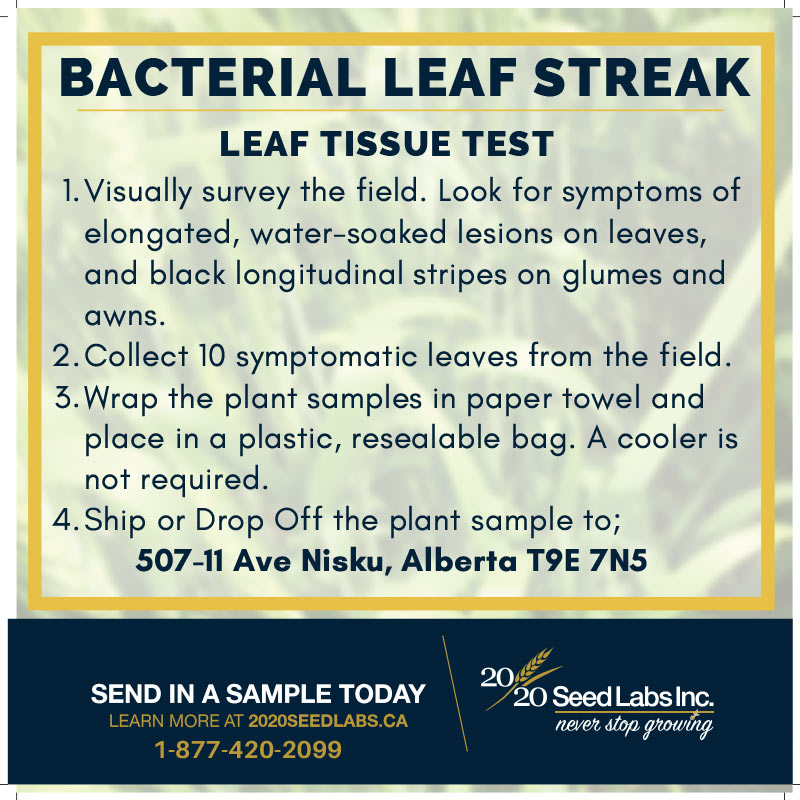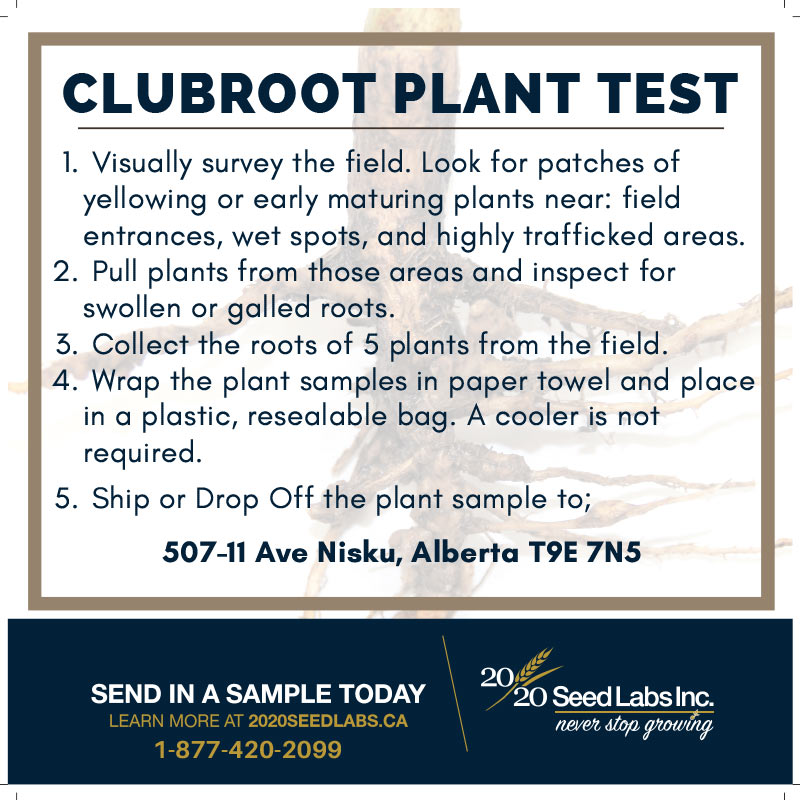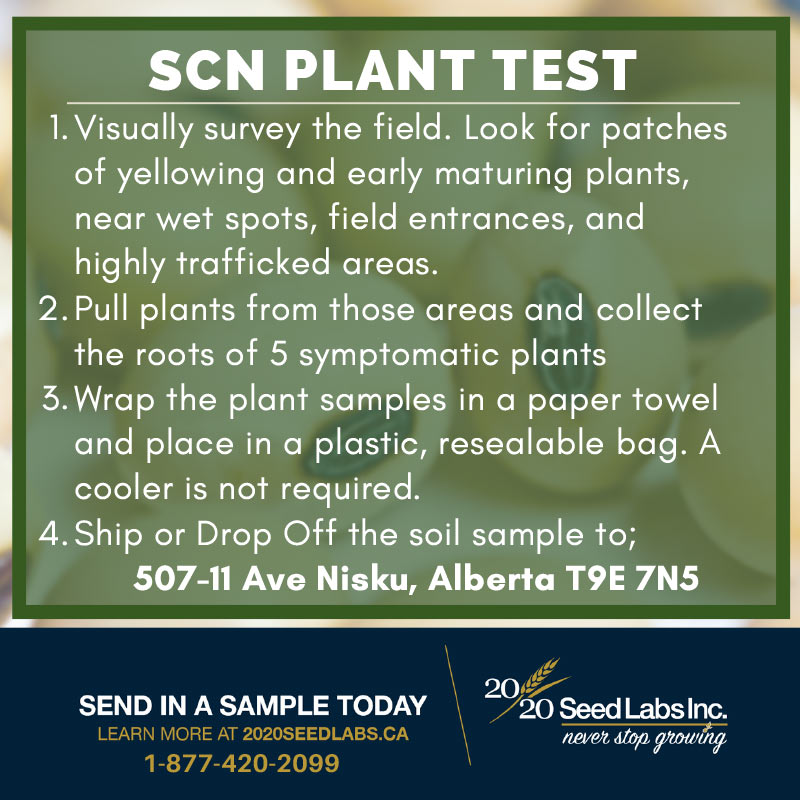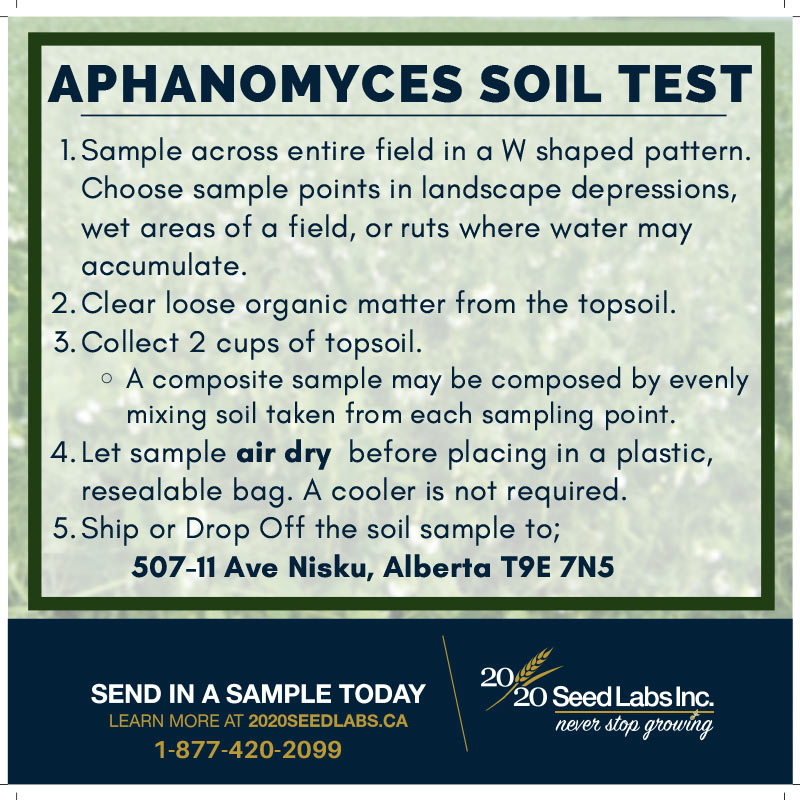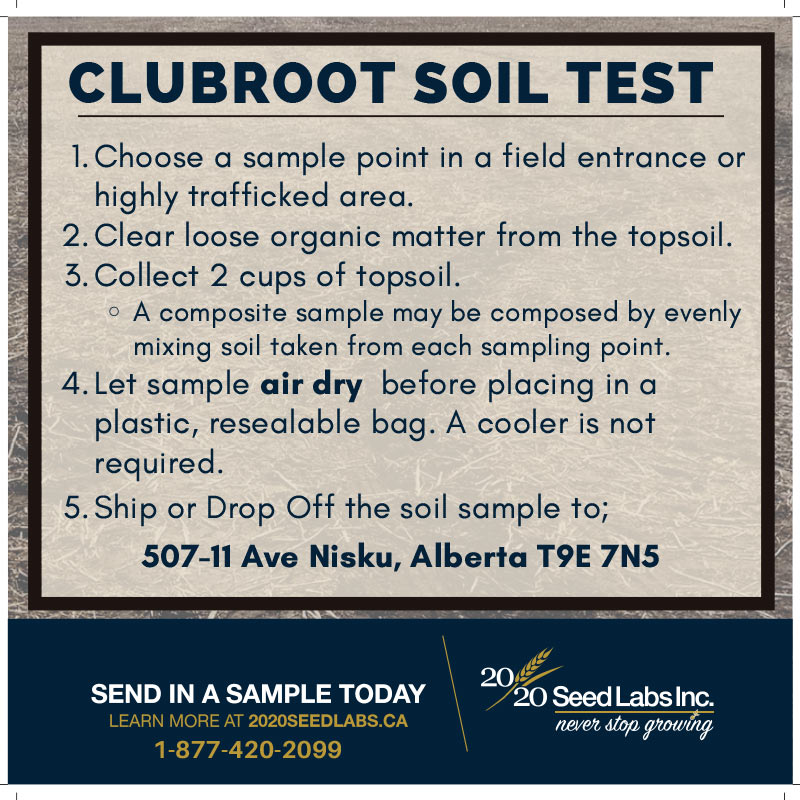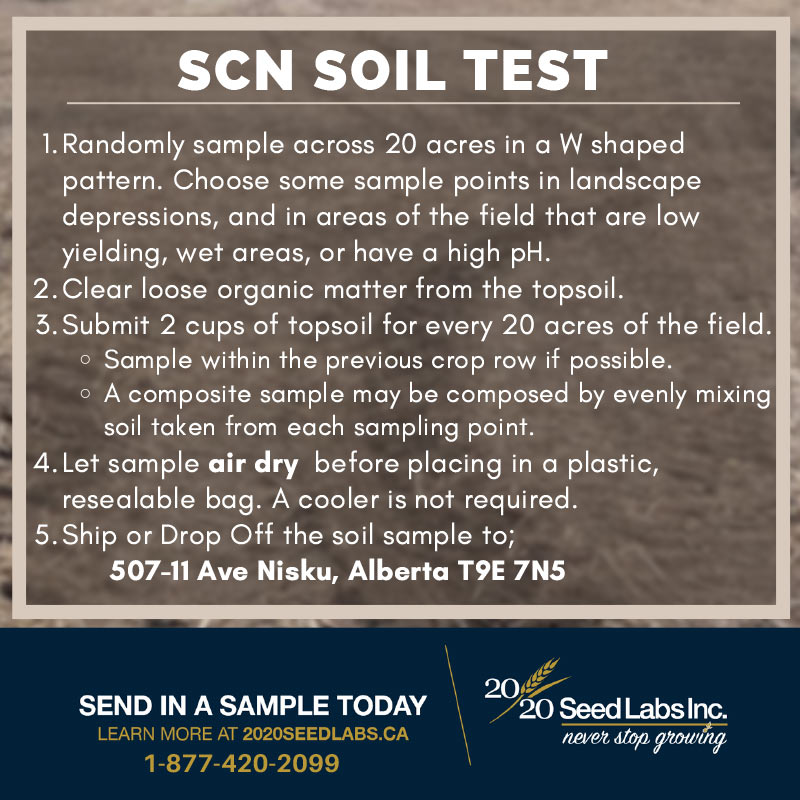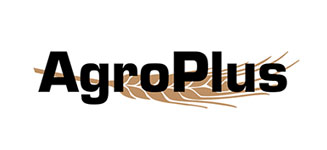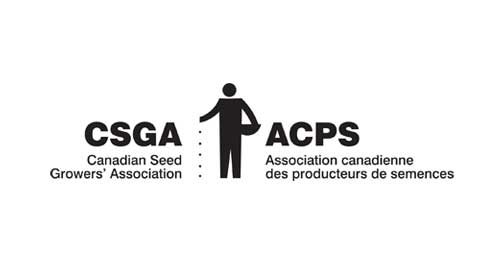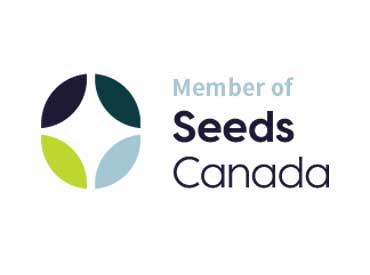Proficiency Testing
By Kim Kenward, Research & Development Manager and Lori Wallace, Quality Manager
Outside of the Canadian Methods and Procedures for Testing Seed which specify required procedures for germination, purity and True Loose Smut testing, there are probably far fewer domestically accredited protocols than one might think. This allows labs to choose or develop their own procedures. So even if they are reporting on detection of the same elements, differences in the methods should be expected. This is where the importance of proficiency checks come into play.
All our accreditations at 20/20 Seed labs include requirements for training and monitoring to verify competence and proficiency of analysts performing tests. As handled for our ISO 9001:2015 accreditation, regular internal proficiency tests are prepared and overseen by our Quality Manager. Samples are pulled from archives for retesting or may be prepared by mixing to a known composition. Analysts processing these samples will be unaware of the original or expected result. Any discrepancies between expected and new results on a given sample trigger independent re-analysis of the test data and retests in case of changes in the sample during storage. Differences between analysts on replicate tests of the same sample prompt close scrutiny for any differences in equipment used and tolerance levels in the methodology followed. This ensures consistency in lab training and operation, and provides the basis for any changes in methodology if needed and allowed.
Individual accreditations often carry additional requirements for external proficiency checks.
- CFIA Seed Lab Accreditation organizes external proficiencies to cover all the crop kinds in 6 different crop groups to be tested over a three year cycle. In a given year, a crop kind from each of two crop groups is selected representing its grade table and a panel of three samples is sent for testing. The number and intervals between test panels will vary between laboratories depending on their scopes of accreditation. For 20/20 Seed Labs Inc., we run both panels every year of the testing cycle for both purity and germination.
- REGAL accreditation for export grain testing requires participation in 2-3 relevant proficiency panels per year. Since CFIA accreditation purity proficiencies count toward the required number of panels, 20/20 Seed Labs is only required to participate in one separate REGAL sponsored proficiency. Proficiency samples can consist of any grain exported from Canada, and species are added to the test sample including any listed in the REGAL Weed Seeds List as well as other similar species or common weed species in Canada
- As a requirement of our ISTA accreditation, 20/20 Seed Labs Inc. participates in ISTA-proctored proficiencies on purity, germination, vigour, Tetrazolium Chloride, thousand kernel weight, and moisture. Three rounds of proficiency occur for purity and germination every year, while the other tests are scheduled at least once per year. Our Molecular and Disease departments voluntarily participate less often but regularly as GM and disease-themed proficiencies in crops of concern to Canada are scheduled. Disease proficiencies in particular often draw on expertise from both departments.
- ISO 17025:2017accreditation requires at least one round of external proficiency per year in the area of scope, with arrangement of the proficiency left to the discretion of the accredited lab. Although this is our newest accreditation, primarily affecting the Molecular department, our regular reporting to fulfill this obligation is actually one of the department’s oldest tests: GM testing for CDC Triffid, proctored by the Canadian Grain Commission, and done two times annually since 2010. Voluntary participation in other relevant proficiencies is also reported.
Proficiency testing outside of the accreditation standards tends to be less rigorously scheduled and on a voluntary basis, but has been a condition for permissions to run tests on different intellectual properties such as use of proprietary protocols for GM elements and events held by Bayer, BASF, Nuseed, and Corteva. These tests are used for breeding and regulatory purposes. Protocols developed at 20/20 Seed Labs Inc. for refuge quantitation in wheat midge variety have also been subject to proficiencies proctored by CSGA, FP Genetics, SeCan, or Alliance depending on the blend. This is required for CSGA acceptance of the report results.
We have voluntarily participated in all rounds of industry-organized proficiency tests for: Clubroot proctored by the Canola Council of Canada; and Triffid and malt barley varietal identification proctored by the Canadian Grain Commission.
CFIA Accredited Analysts must also participate individually in proficiency or professional development through Seeds Canada and CFIA to maintain their individual accreditations in Purity, Germination and True Loose Smut.
In 2023, our lab participated in total of 62 rounds of internal and external proficiencies across all departments not counting the individual analyst accreditation proficiencies. In the first quarter of 2024, we have completed 34 rounds. There are more in progress and scheduled. Check out how the proficiency profiles vary by department and stay tuned for updates as we go through the year.
Proficiencies Completed 2023 and 2024
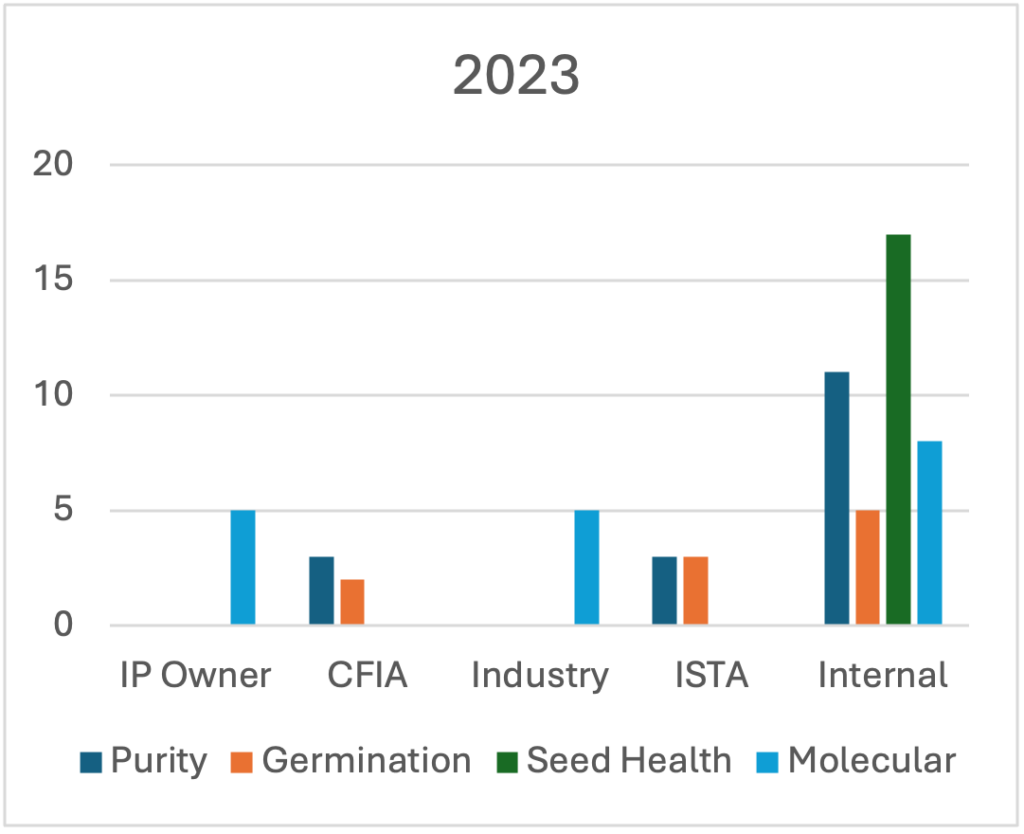
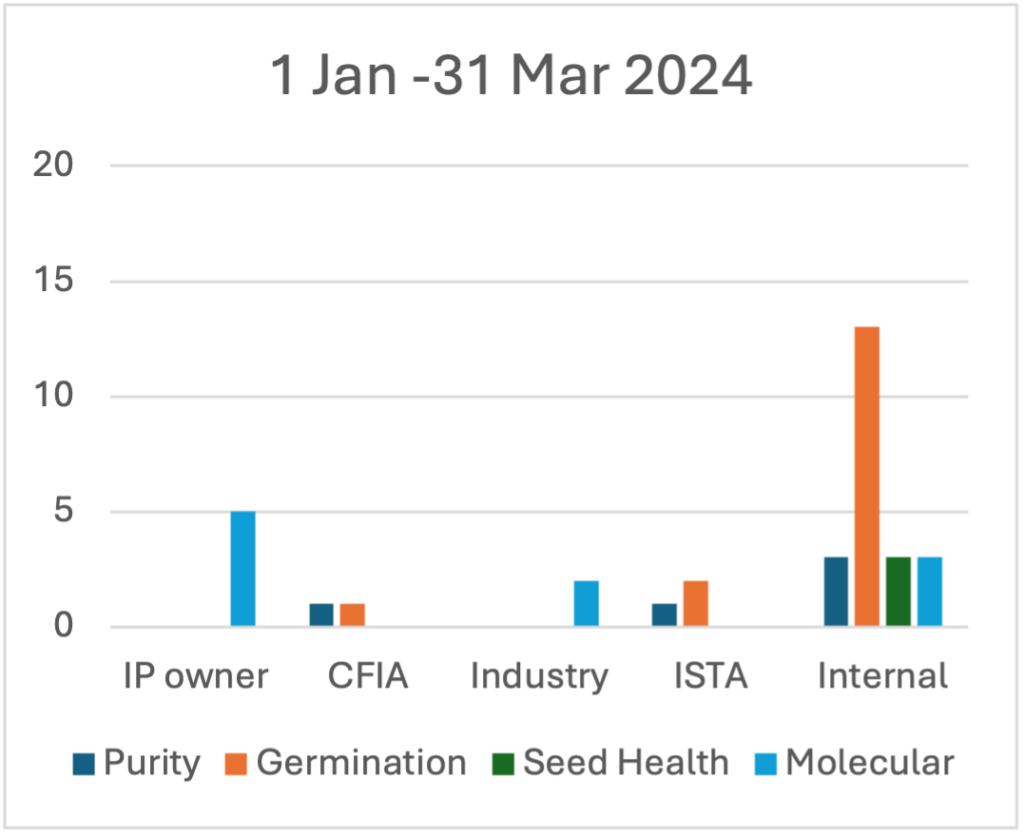
Internal or Intralaboratory Proficiency
Within-lab tests that check for replicability of results between individuals, pieces of equipment, over time, and sometimes even between methods. Internally prepared samples. This provides important information about training, sources of error, sample storage and conditions, and choice of methods if contemplating a change.
External Proficiency
Proctored by a reputable neutral overseeing body that provides or arranges for the test samples. Participant performance is evaluated relative to pre-established criteria. Often done as an Interlaboratory Comparison (ILC) whereby two or more laboratories test same or similar items.
This type of proficiency establishes a minimum standard for replicability of results for a given test. It also enables confidence in results across different methods.
